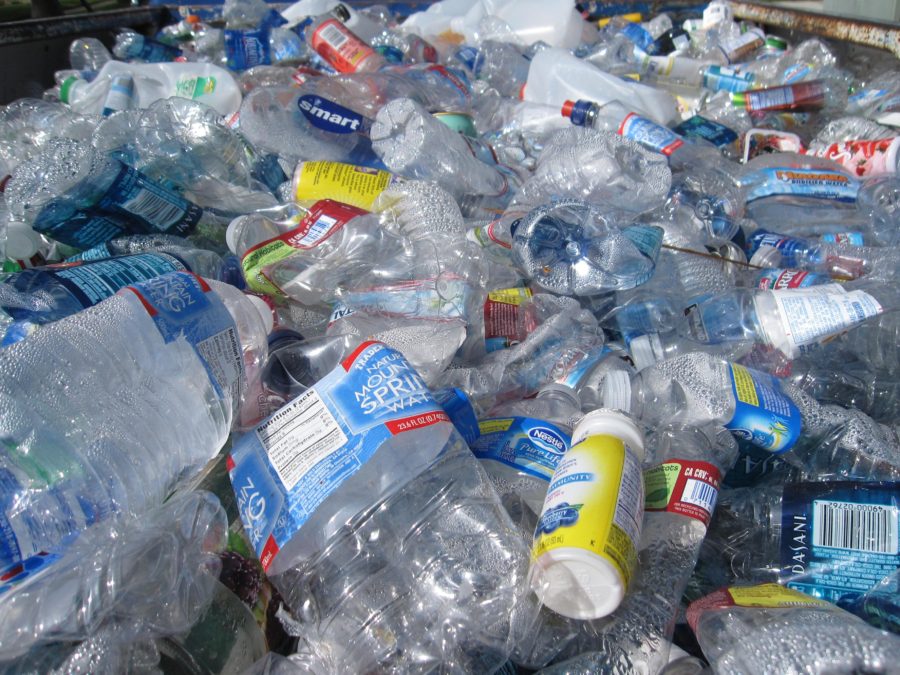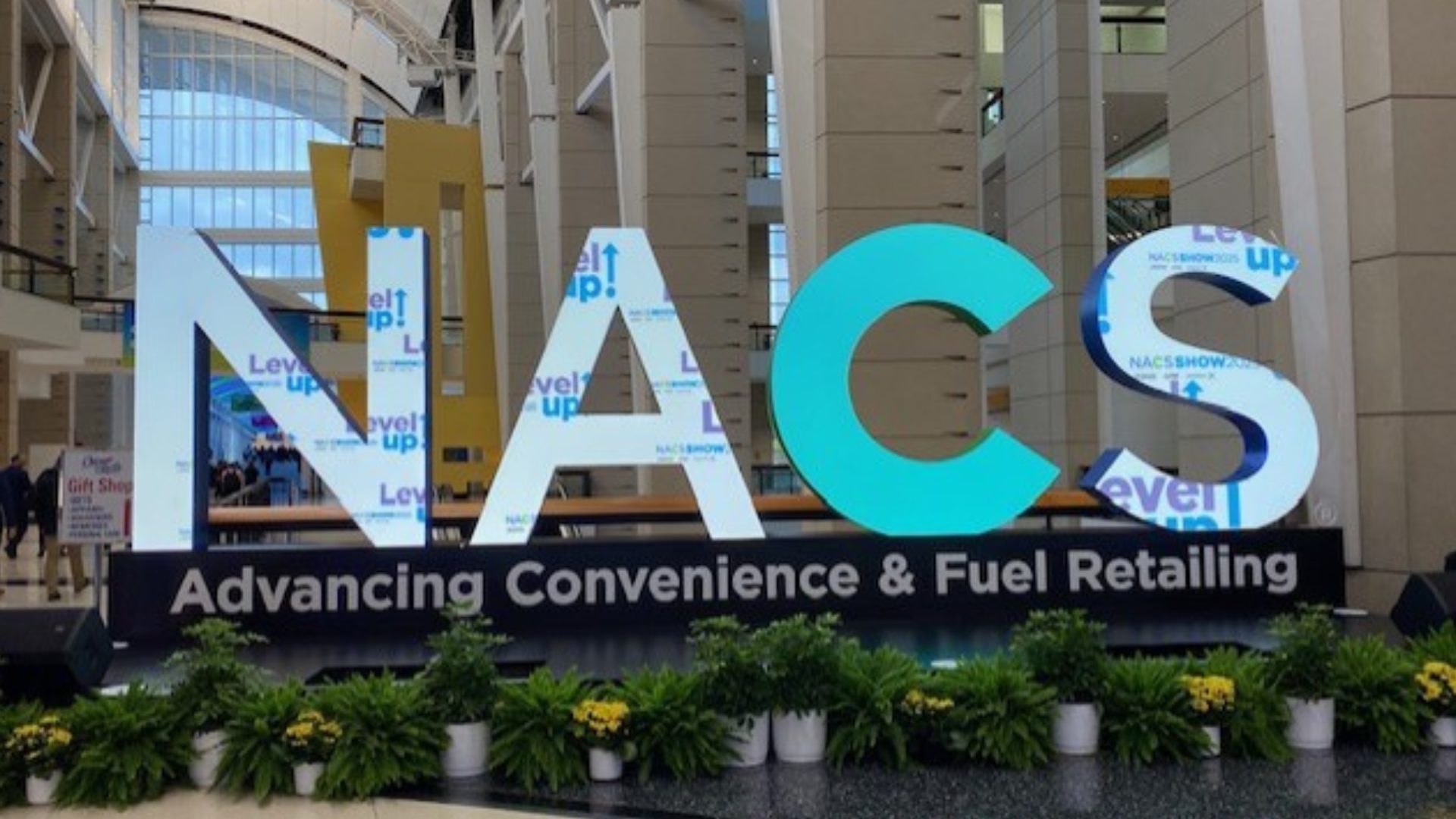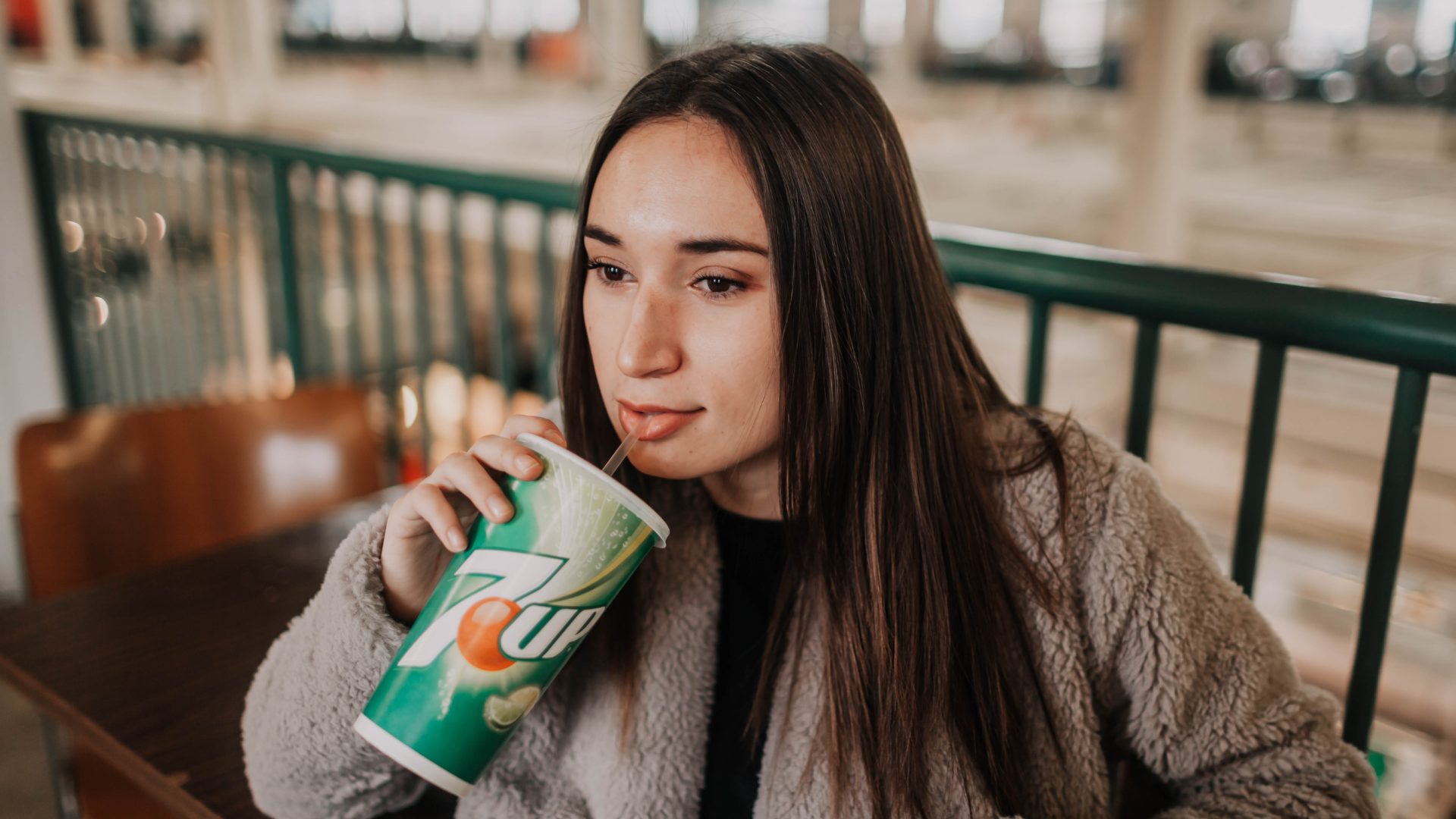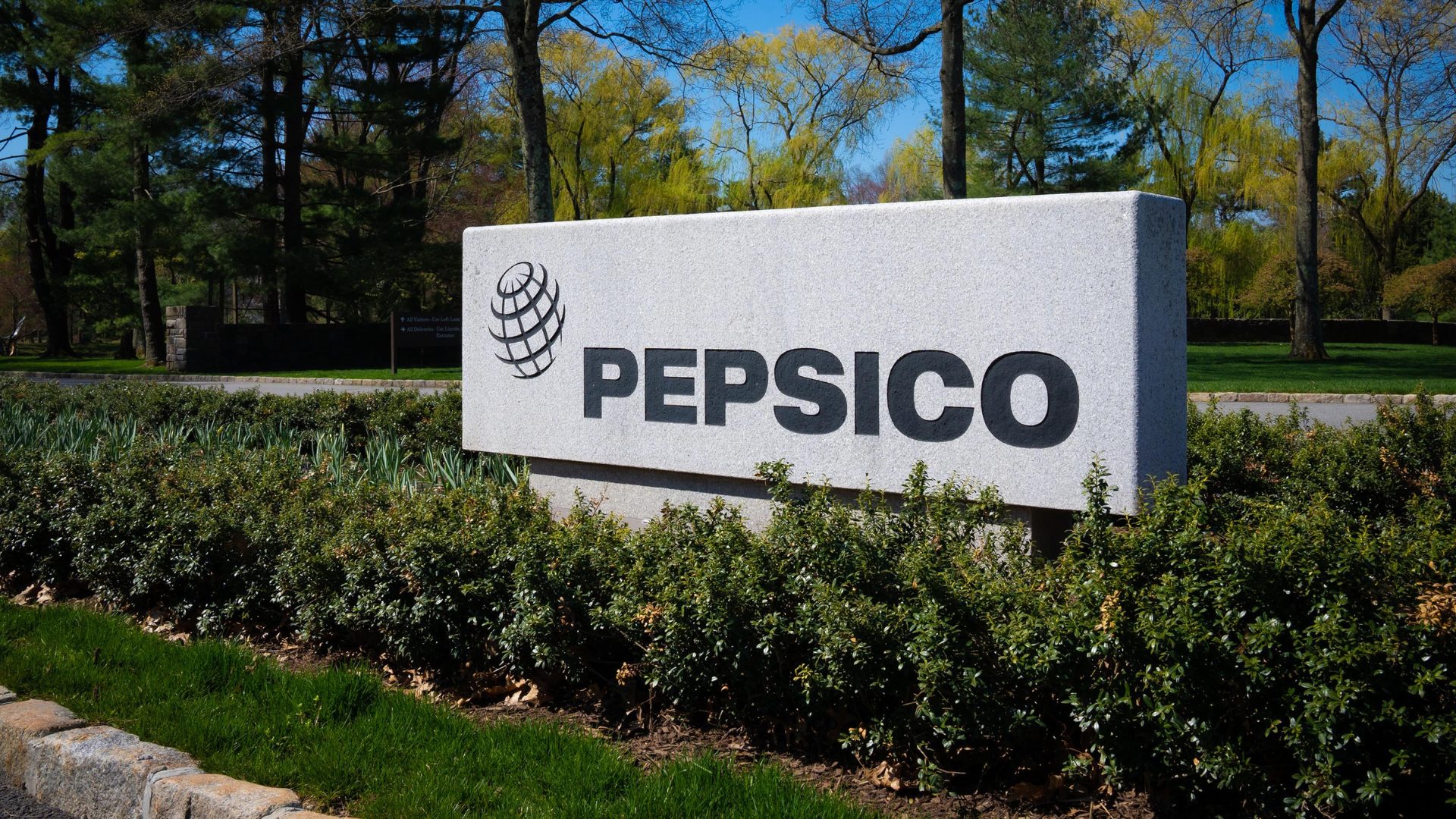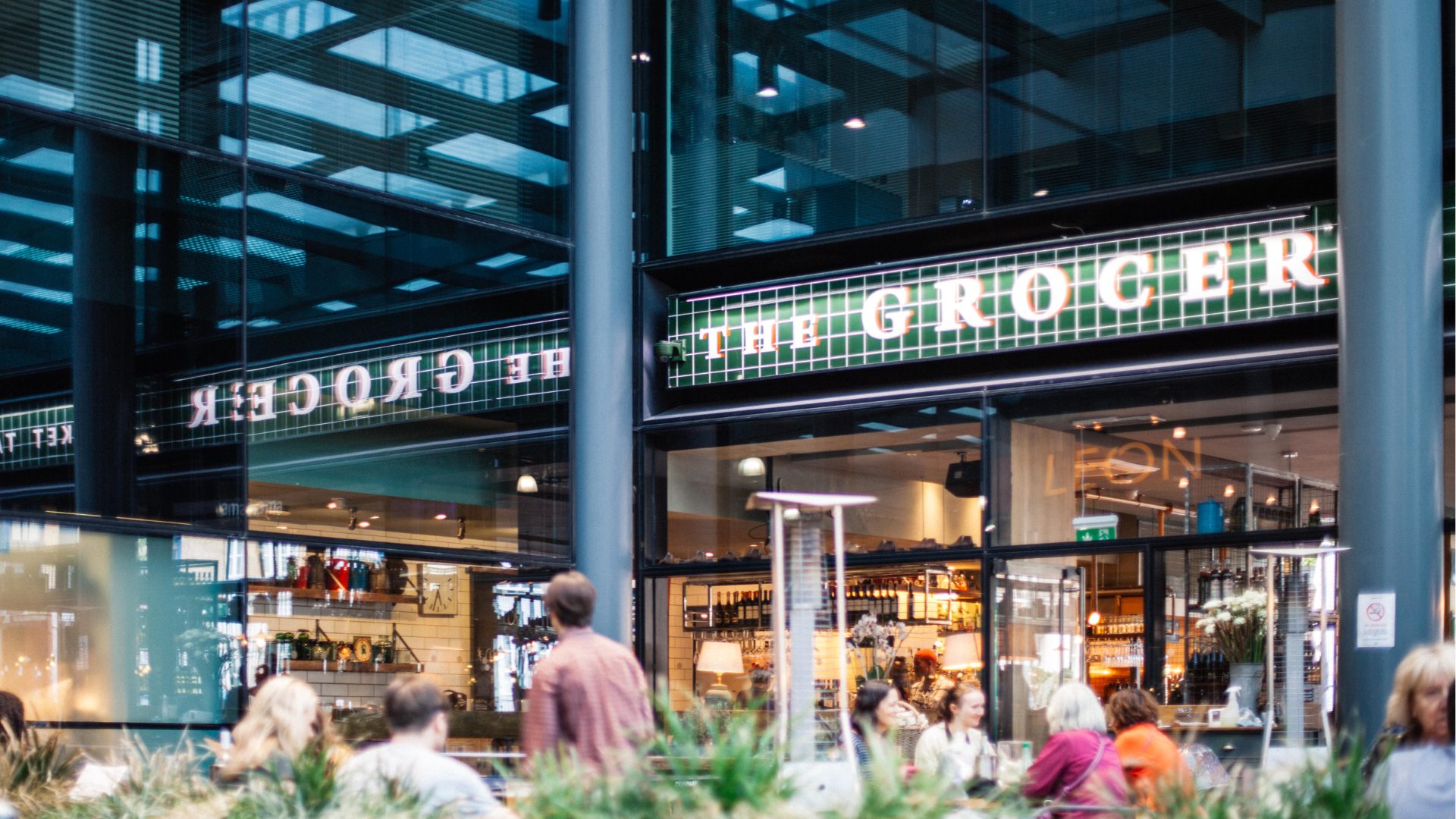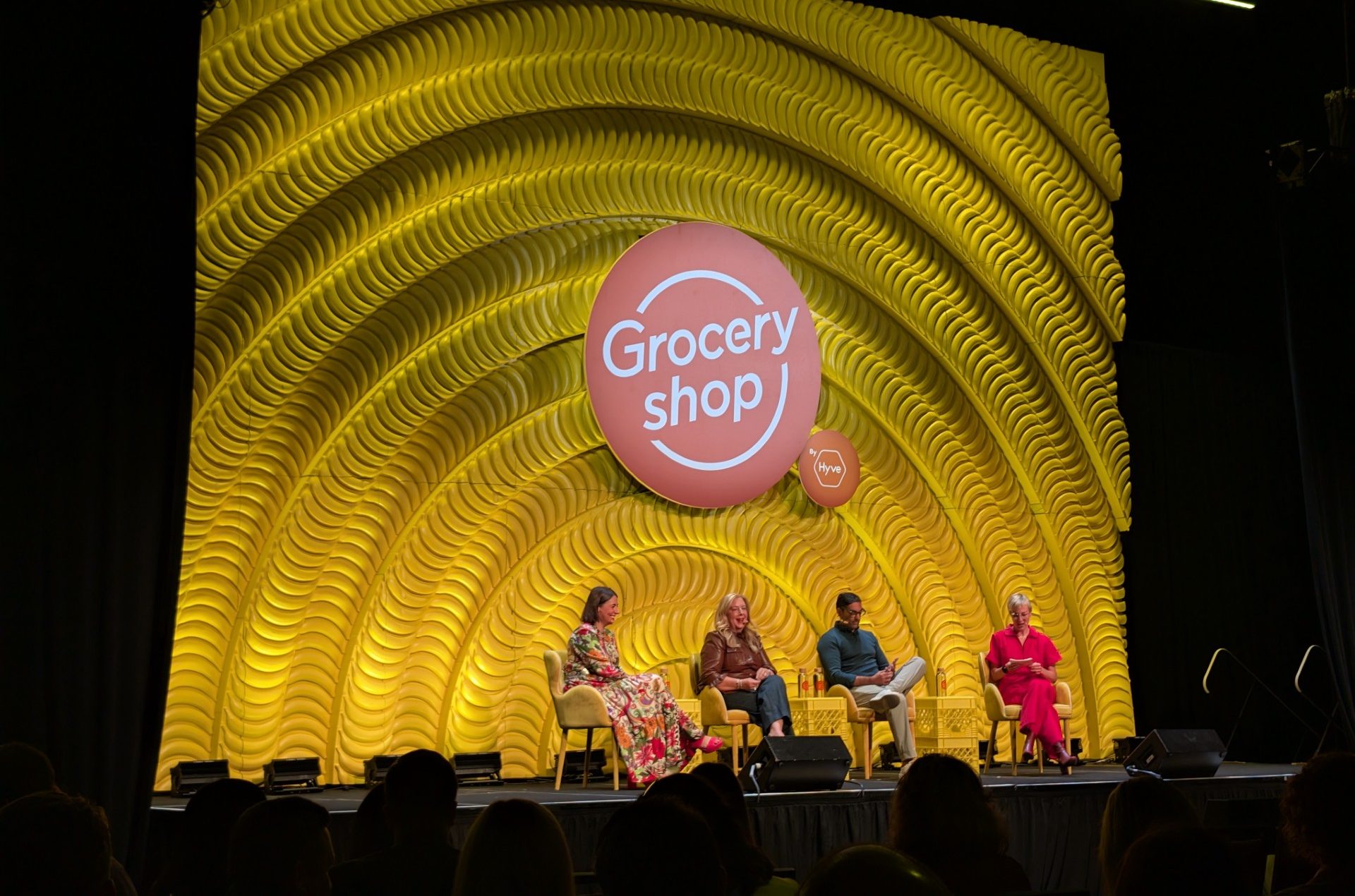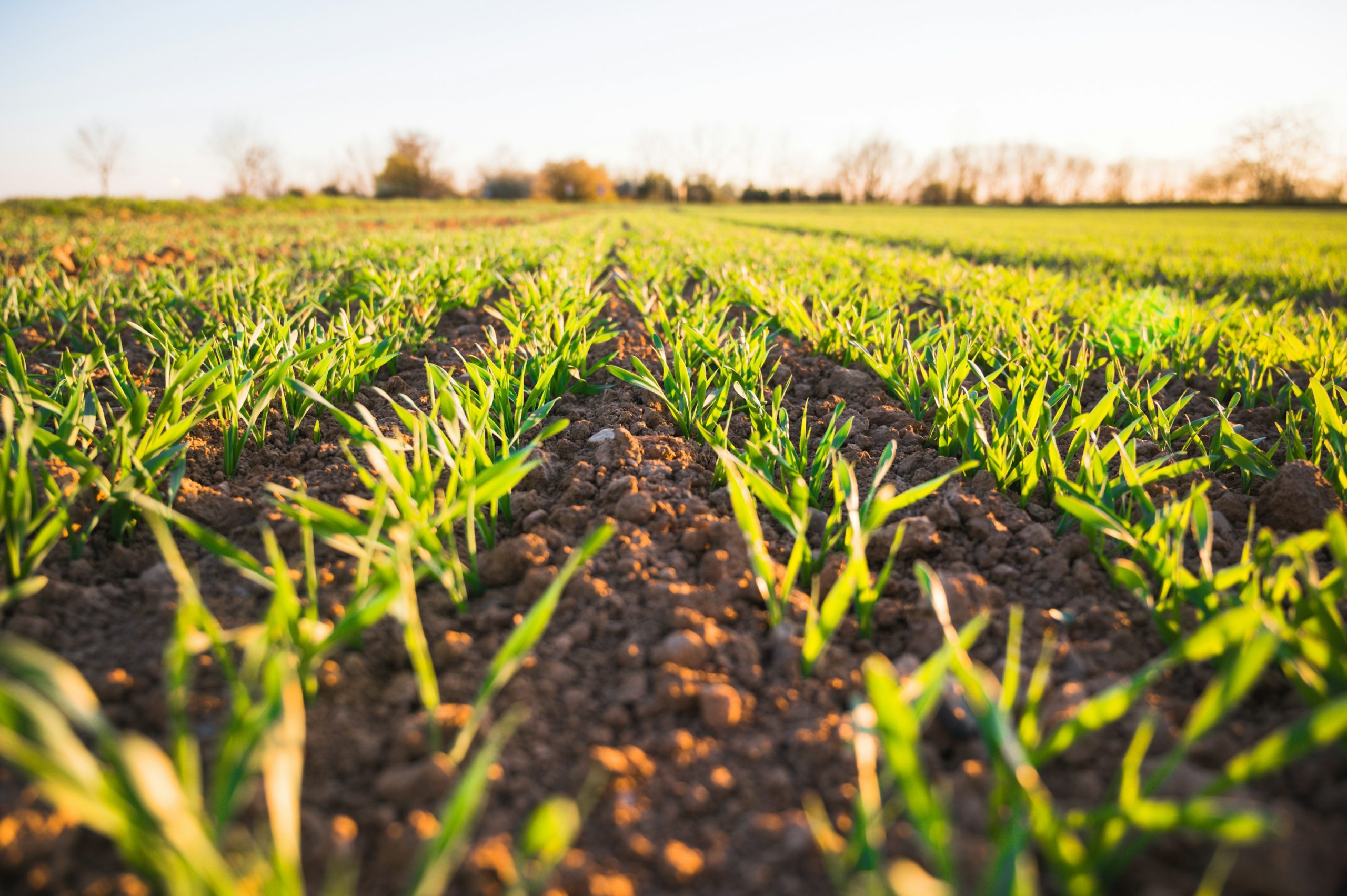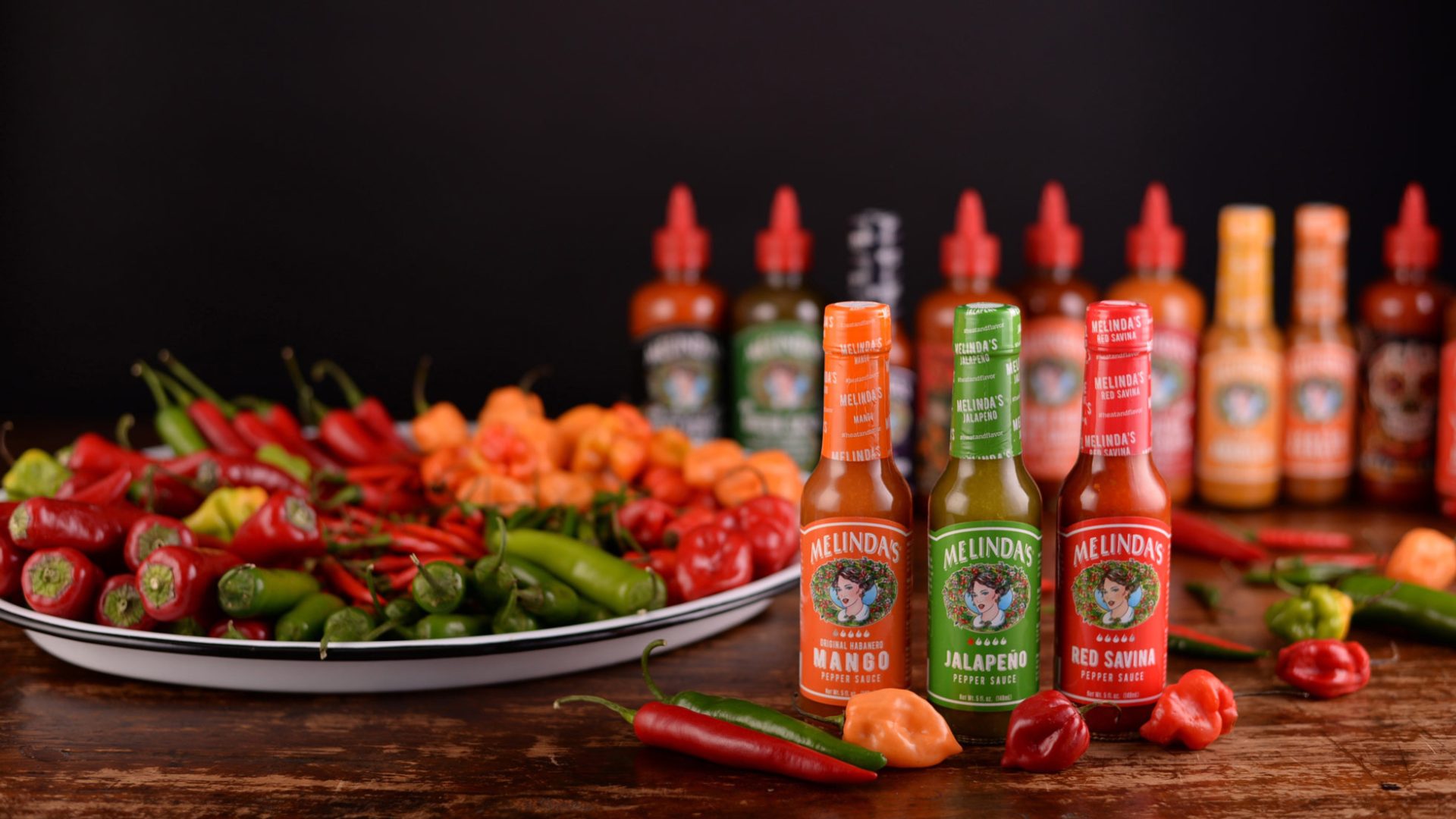Coca-Cola, PepsiCo, and Nestlé made public pledges to cut plastic while undermining sustainability reforms behind the scenes through lobbying groups and trade associations, a report from Changing Markets Foundation claims.
It accused the world’s largest plastic polluters of hypocrisy, noting they tend to break, delay, or shift the goalposts on their self-imposed targets while continuing to pump out cheap, disposable plastic, reported The Independent (Sept. 17).
The Coca-Cola Co. is the biggest plastic polluter in the world, with a plastic footprint of 2.9 million metric tons per year, according to the report. Back in 2019, another report from Break Free From Plastic also revealed Coca-Cola as the top polluter—for the second year in a row. It found the company possessed a total of 1,732 plastics recorded in 37 countries, accounting for approximately 2.5% of the total plastic waste analyzed. Nestlé and PepsiCo rounded out the top three with 4,846 and 3,362 pieces of plastic respectively.

The company has committed to the World Without Waste campaign, however, the report showed that over the last 30 years, Coca-Cola broke, delayed, or shifted the goalposts on a number of its targets.
For example, in 1990, it committed to having 25% recycled content in its bottles, but 30 years later, it has only achieved 10%. The company also opposed progressive legislation that would help it to achieve these commitments, from deposit return systems to redesign obligations.
Nusa Urbancic, campaigns director at the Changing Markets Foundation, said the report exposes the hypocrisy of plastic polluters.
“The responsibility for this disaster lies with Big Plastic—including major household brands—which have lobbied against progressive legislation for decades, greenwashed their environmental credentials, and blamed the public for littering, rather than assuming responsibility for their own actions,” she said.
Nestlé noted it was eliminating unnecessary packaging and phasing out items that are difficult to recycle. “We are intensifying our actions to make 100% of our packaging recyclable or reusable by 2025 and to reduce our use of virgin plastics by one-third in the same period,” said a company spokesperson. “In 2019, about 87% of Nestlé’s total packaging by weight and 66% of our total plastic packaging was already recyclable or reusable. But we know we have more work to do.”
The Changing Markets Foundation report follows UK supermarket chain Iceland becoming the first major chain to reveal how much plastic it used. Iceland said it had a “plastic footprint” of 32,000 metric tons of plastic in 2019 and called on competitors to publish similar figures.
Meanwhile, Aldi U.S. recently joined the U.S. Plastics Pact, a collaborative, solutions-driven initiative aimed at creating a path towards a circular economy for plastics in the U.S. by 2025, reported Produce Blue Book (Sept. 10).
The U.S. Plastics Pact is a collaboration led by The Recycling Partnership, World Wildlife Fund, and Ellen MacArthur Foundation.
The pact will convene more than 60 brands, NGOs, government agencies, and retailers, like ALDI, across the plastics value chain to bring one voice to U.S. packaging through coordinated initiatives and innovative solutions for rethinking products, packaging, and business models.
Aldi, along with other members of the pact, agreed to contribute toward four goals: 1) define a list of packaging to be designated as problematic or unnecessary by 2021 and take measures to eliminate them by 2025; 2) by 2025, all plastic packaging is 100% reusable, recyclable, or compostable; 3) by 2025, undertake ambitious actions to effectively recycle or compost 50% of plastic packaging; and 4) by 2025, the average recycled content or responsibly sourced bio-based content in plastic packaging will be 30%.
“The global impact of plastics use cannot and should not be ignored by any business,” said Joan Kavanaugh, VP of corporate buying at ALDI U.S.


